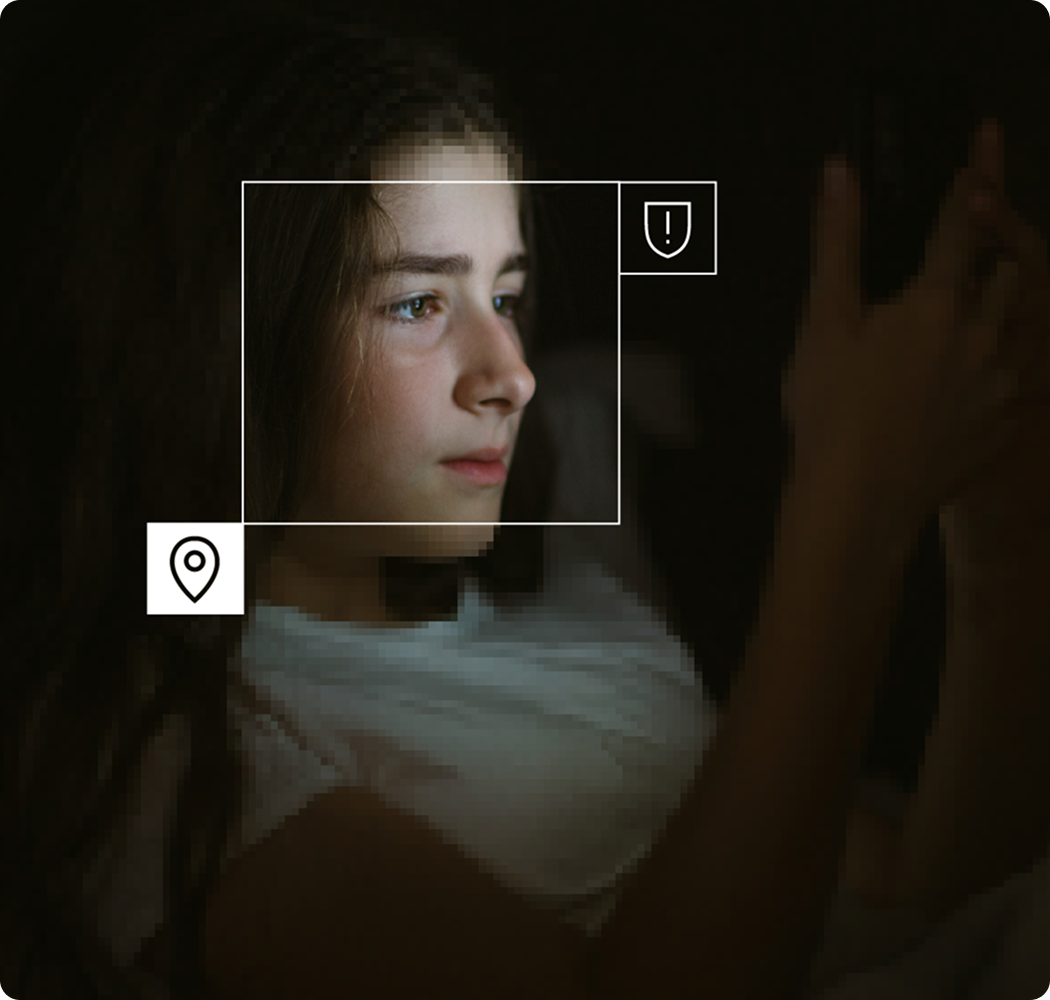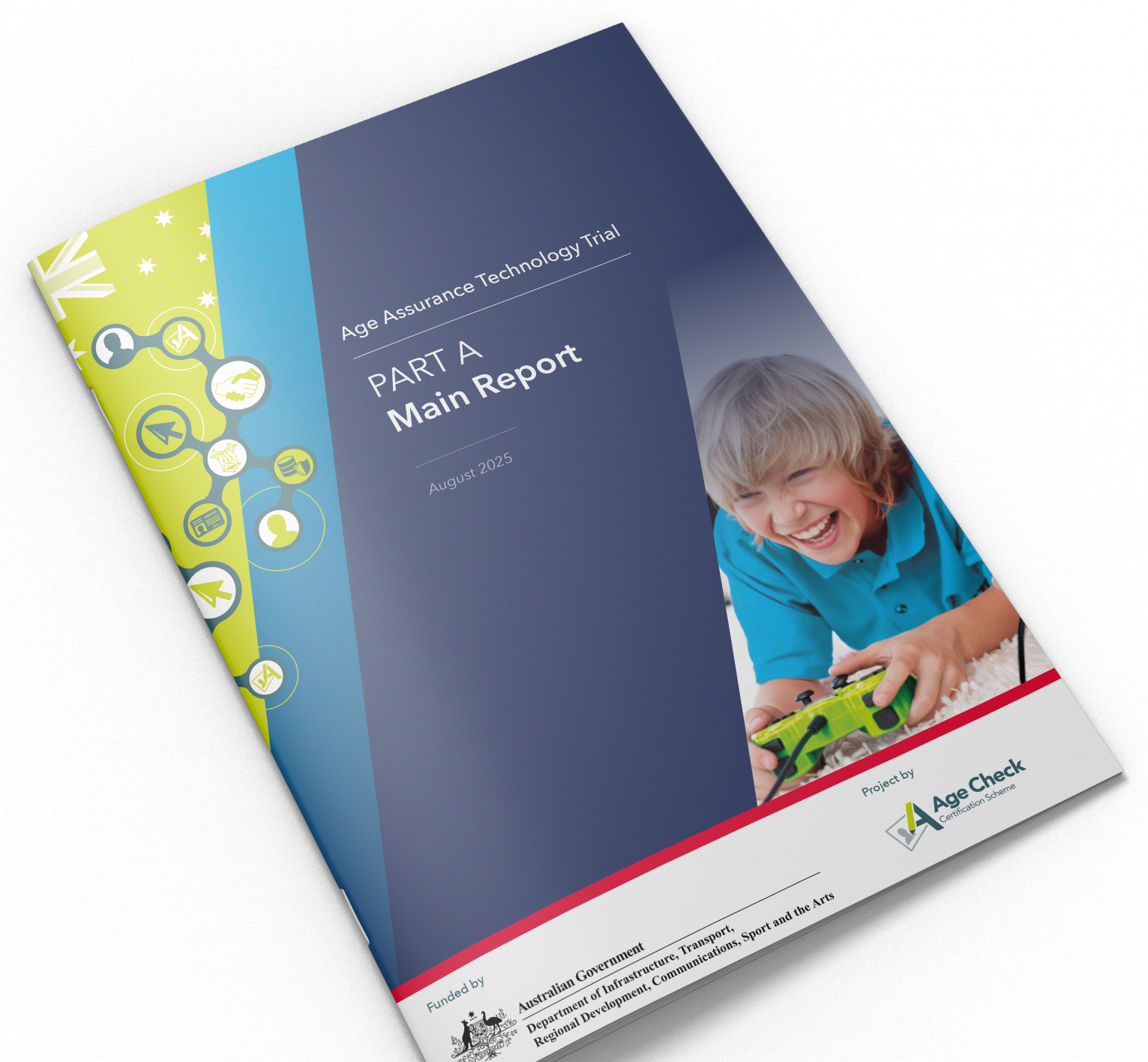
While the internet may be borderless, there is no single global standard for online safety.
The United Kingdom’s Online Safety Act creates one set of expectations for social media platforms, Australia’s Social Media Minimum age law creates another, and so on. The reality of the internet in 2025 is that while access to the internet may be global, the regulations governing this access increasingly reflect the unique policy preferences of diverse democratic societies and their elected representatives.

How should platforms verify the location of their end-users and apply jurisdiction-specific rules?
How should platforms verify the location of their end-users when VPNs and readily available spoofing tools make it increasingly easy to mask your virtual location?
More broadly, this is a question of trust:
How do platforms build trust in societies that increasingly support protecting minors with novel online safety regulations.
Age Assurance Technology Trial Report
“The law does not say “you must deny access to minors unless they use a VPN” – it says that regulated entities must prevent unlawful access, full stop. The use of a VPN by a minor does not exempt platforms or providers from responsibility under Australian or international law.”
“In this context, Geolocation services offer a practical and established method to detect and respond to VPN usage, ensuring that digital compliance systems are not circumvented”


Social Media Minimum Age – Regulatory Guidance
“Providers can determine an end-user’s likely country of residence based on a combination of digital signals, many of which are already shared by users. Systems typically aggregate multiple data points, including but not limited to, an end-user’s IP address, GPS signals, Wi-Fi network information, mobile phone tower connections and device and browser fingerprinting.
[Location information] is commonly used for a range of purposes such as offering location-specific services (for example, emergency services alerts) or ensuring legal compliance (for example, in gambling contexts). Some social media platforms use location data to provide personalised recommendations, including ads, or detect suspicious or fraudulent activity.”
This is where GeoComply comes in:
We build robust virtual borders to support compliance obligations, build societal trust, and enable smooth operations in a world with complex -and sometimes contradictory- regulatory expectations.

Anthony Albanese
Australian Prime Minister
“Some people have said that [the social media minimum age laws] will be difficult because people can change, with VPN numbers having escalated in places like the United States, where this has been tried, which is why we need to make sure that we absolutely get it right.”


